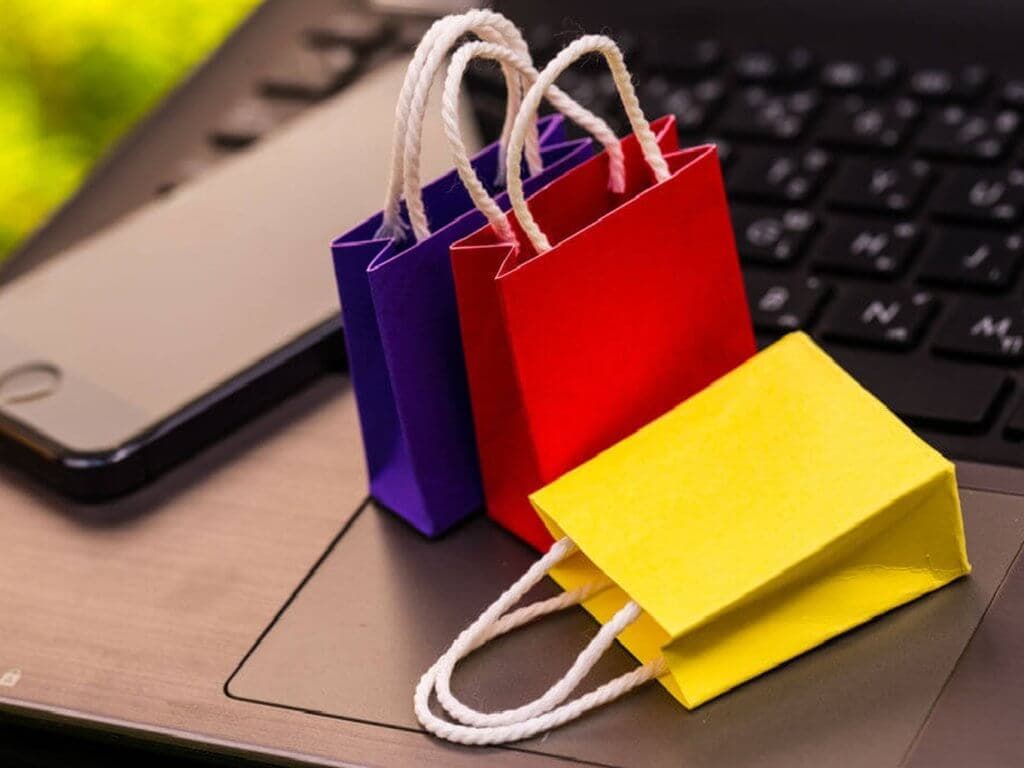As the festive season ignites a surge in sales for ecommerce sellers, marketplaces, as well as a frenzy of buying by shoppers, a recent survey by LocalCircles, has highlighted other side of the glitz and glam of online shopping.
In a survey of over 27K participants across more than 200 districts of India, LocalCircles found that 19% of the respondents had received fake products from ecommerce companies in the last six months.
While 57% denied ever getting counterfeits, 24% said they were unsure about it, the survey noted.
The survey which comprised of eight questions showed some interesting aspects of online shopping.
Categories for fake goods: 35% of the respondents’ aid fragrances & perfumes made the most fake products, 35% said cosmetics, 22% said sports products and 8% said bags.
Which ecommerce company sends the most fake products, in their experience: 37% said Snapdeal, 22% said Flipkart, 21% said Paytm Mall, and 20% said Amazon.
How to identify a fake product: 69% consumers said that they did not know how to identify a fake product, 16% said they know how to identify fakes and 15% were not sure about it.
What an ecommerce company should be required to do by law if a product received from them is found to be counterfeit: 49% said they should accept return and issue full return plus a penalty based on product value; 18% said they should just accept returns and issue a full refund and 30% said they should accept return and issue full refund plus a fixed counterfeit penalty.
If the seller entity details (company name, address, GSTIN, email, phone number) are disclosed on ecommerce sites, will it help in minimizing sale of counterfeit/fake products?: 78% said yes while 14% said no and 8% did not have an opinion.
If the ecommerce platforms should be required to identify authorised and unauthorised sellers of a product and provide this info to the consumer?: 92% replied in a yes while 5% replied in a no.
The Curse Of Fake Products On Ecommerce Shopping
This is not the first time that fake and counterfeit products on ecommerce platforms have come to the forefront. In the past few years, several petitions have been filed by consumers and companies against online sellers for selling fake products.
Through this approach, companies such as Tommy Hilfiger, Lacoste, and Calvin Klein have helped confiscate thousands of fake products, mostly apparel, through court-aided raids on warehouses, owned by either sellers or small, niche fashion platforms.
Some of the reported cases include:
- In October 2018, Drug Controller General of India (DCGI) issued notices to ecommerce giants — Flipkart, Amazon and IndiaMART — warning the companies of penal actions against the sale of “spurious and adulterated” cosmetics
- In August 2018, Delhi High Court ordered Amazon Seller Services to delist some sellers on its platform after Beverly Hills Polo Club said they were selling fake products on Amazon.
- In December 2017, Skechers had filed a case against Flipkart after 15,000 pairs of fake ‘Skechers’ shoes were found during the raids. Recently, Flipkart offered a cash settlement and a commitment to do a certain amount of business for Skechers as an offer to settle out of court.
- In July 2017, Paytm Mall delisted more than 85K online sellers and suppliers in an effort to block fraudulent merchants from signing up on the ecommerce platform.
- In March 2016, Flipkart once again blacklisted 250 of counterfeiters from its platform.
- In October 2015, Flipkart had blacklisted about 40 sellers through its mystery shopping network of 60 employees which was initiated that month.
With ecommerce set to become a $200 Bn industry by 2026, the upcoming national ecommerce policy is one of the most essential steps forward to curbing fake products on such platforms.
